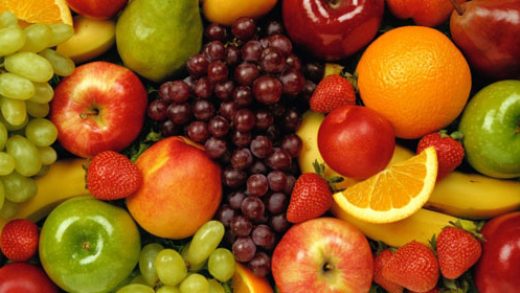Several studies have demonstrated the significance of diet for exercise, from improving performance to speeding up recuperation. So deciding whether to eat before or after exercise might be difficult.
To answer this, you should first take into account what you are training for, as your objective may affect whether or not you should eat beforehand. Second, you should think about your current level. The nutritional requirements of an expert athlete differ from those of a beginner, which may affect the amount of food consumed and even the frequency of meals. Lastly, consider what works for you personally. Fasting before training can be beneficial for some people, but not for others.
Our bodies require energy when we workout. This energy comes from fuel that is either obtained from the food we eat or that is stored in our bodies (as carbohydrate in our muscles, liver, and fat storage). We use more of our stored glucose if the exercise is strenuous or prolonged (known as glycogen).
According to studies, eating carbohydrates before workout sessions as well as during them is crucial for replenishing our glycogen stores.
So, having carbohydrate-rich foods, such as pasta, rice, cereals, or fruit, three to four hours before exercise will help offer the energy you need to keep moving if your energy is a little low or you’re conducting a longer or more difficult session.There’s also evidence that carbohydrate type can help improve metabolic responses to exercise. While this may not necessarily affect performance, eating lower glycemic index foods (foods that produce a slower-releasing carbohydrate effect, such as porridge oats or wholegrain bread) can better sustain energy and provide benefits (such as lower use of glycogen stores) during exercise for some.
But eating right before exercising could cause indigestion, cramps or nausea. Consuming an easily digestible, carbohydrate-rich meal (for example, porridge with blueberries) around three hours before a training session may help sustain energy and improve training quality without necessarily leading to gut issues. Pre-fuelling also helps sustain blood sugar levels during exercise, which can positively affect performance.












